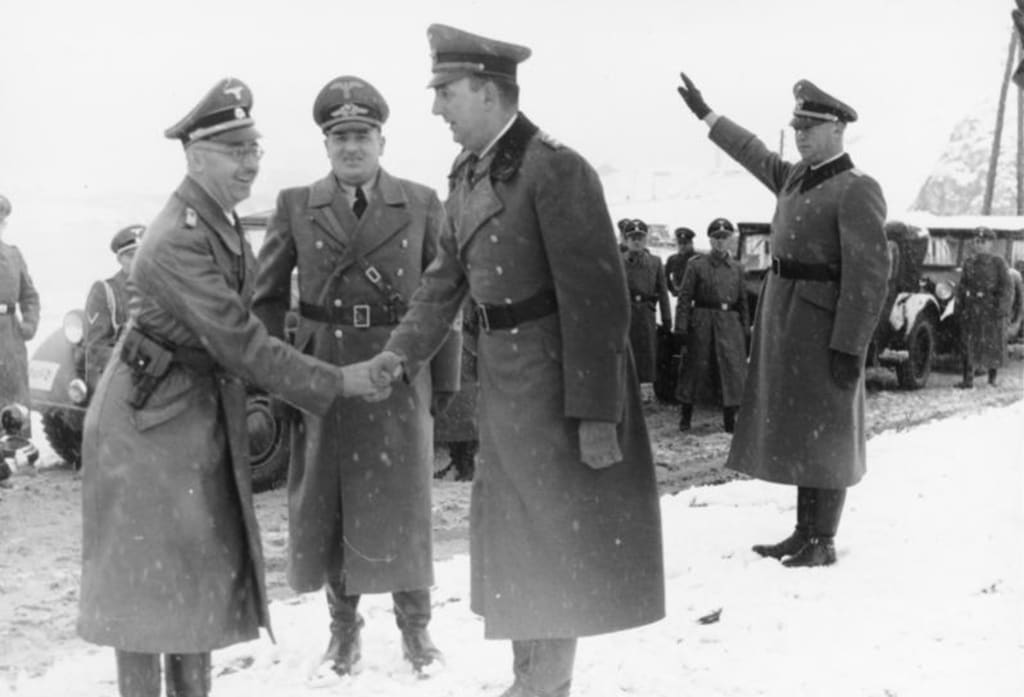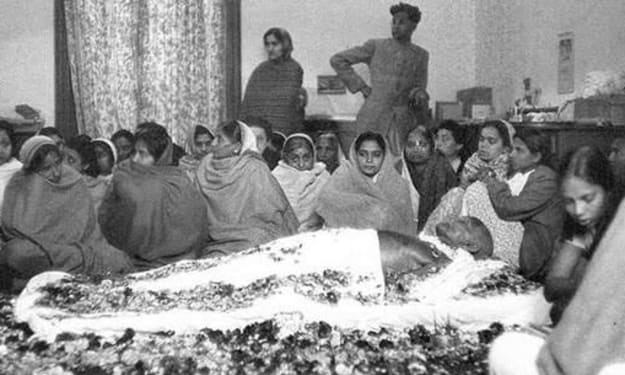On October 24, 1946, Kurt Daluege, a high-ranking Nazi official and war
Execution

On October 24, 1946, Kurt Daluege, a high-ranking Nazi official and war criminal, was executed at Pankrác Prison in Prague. As the former Chief of the Ordnungspolizei (Order Police), Daluege was instrumental in enforcing the brutal policies of the Nazi regime during World War II. His execution marked a significant moment in the post-war efforts to bring Nazi war criminals to justice.
Kurt Daluege: The Man Behind the Uniform
Born on September 15, 1897, in Kreuzburg, Silesia, Kurt Daluege quickly rose through the ranks of the Nazi Party. He joined the NSDAP (Nazi Party) in the early 1920s and became a member of the SA (Sturmabteilung) before transferring to the SS (Schutzstaffel), where he found his true calling. Known for his ruthlessness and unwavering loyalty to Adolf Hitler, Daluege was appointed as the Chief of the Ordnungspolizei in 1936. In this capacity, he oversaw the German uniformed police and played a crucial role in the implementation of Nazi policies.
The Crimes of Daluege
Daluege's tenure as Chief of the Ordnungspolizei was marked by widespread atrocities. His forces were responsible for numerous acts of brutality, including the suppression of resistance movements and the deportation of Jews and other persecuted groups to concentration camps. Daluege was also deeply involved in the planning and execution of mass murders in occupied territories.
One of the most notorious incidents linked to Daluege was the Lidice massacre in 1942. Following the assassination of Reinhard Heydrich, the acting Reich Protector of Bohemia and Moravia, by Czech resistance fighters, Daluege ordered a brutal reprisal. The village of Lidice was razed to the ground, and its male inhabitants were executed while women and children were either murdered or sent to concentration camps. This act of collective punishment shocked the world and underscored the sheer brutality of the Nazi regime.
Arrest, Trial, and Execution
After the fall of Nazi Germany in 1945, Daluege was captured by Allied forces and extradited to Czechoslovakia to stand trial for his war crimes. His trial was held in Prague, where he faced charges related to his involvement in the Lidice massacre and other atrocities committed under his command. Throughout the proceedings, Daluege showed no remorse, steadfastly claiming he was merely following Hitler's orders.
The court found Daluege guilty of crimes against humanity and sentenced him to death. On October 24, 1946, he was executed by hanging at Pankrác Prison in Prague. His execution was a moment of justice for the countless victims of his actions and a reminder of the horrific consequences of blind obedience to a tyrannical regime.
Legacy and Reflections
The execution of Kurt Daluege was part of a broader effort to hold Nazi war criminals accountable for their actions. The Nuremberg Trials and other post-war tribunals sought to establish a precedent for international justice and ensure that those responsible for the Holocaust and other war crimes faced consequences.
Daluege's case highlights the complexities of justice in the aftermath of mass atrocities. His defense—claiming he was simply following orders—was a common refrain among Nazi officials, yet it failed to absolve them of responsibility. The principles established during these trials emphasized individual accountability and rejected the notion that obedience to orders could excuse heinous crimes.
Today, the story of Kurt Daluege serves as a grim reminder of the dangers of authoritarianism and the capacity for human cruelty under totalitarian regimes. It underscores the importance of vigilance, moral courage, and the rule of law in preventing such atrocities in the future.
As the world continues to grapple with issues of justice and reconciliation, the lessons from the trials of Nazi war criminals remain relevant. They remind us of the enduring need to confront and address crimes against humanity, to honor the memory of the victims, and to strive for a world where such horrors never occur again.
Kurt Daluege's execution at Pankrác Prison was a small but significant step towards justice in the aftermath of one of history's darkest chapters. It stands as a testament to the resolve of the international community to hold perpetrators of gross human rights violations accountable and to ensure that the legacy of their victims is never forgotten.Start writing...
About the Creator
Enjoyed the story? Support the Creator.
Subscribe for free to receive all their stories in your feed. You could also pledge your support or give them a one-off tip, letting them know you appreciate their work.






Comments
There are no comments for this story
Be the first to respond and start the conversation.